We were lucky to catch up with Gabriel Duran recently and have shared our conversation below.
Gabriel , looking forward to hearing all of your stories today. How did you learn to do what you do? Knowing what you know now, what could you have done to speed up your learning process? What skills do you think were most essential? What obstacles stood in the way of learning more?
My admiration for visual storytelling/filmmaking started as a kid growing up in the 80s and the rise of MTV. Micheal Jackon’s short film/music video “Thriller” was what planted the seed into filmmaking. With no experience, I picked up a camcorder and started shooting videos for my buddies as we went on our car club meets and gatherings. I began to enjoy seeing people’s reactions to the videos that I had put together. Living in a smaller town, making a living, or getting into the film industry was only a pipe dream. I didn’t think it would be possible to learn the craft or even set foot into the field. Time passed, and through the unmarked path of life, I ended up in the Dallas area. Living in a larger city presents more significant opportunities, and one of those opportunities was the chance to attend film school. Digging up the old filmmaking aspirations, I decided to make that dedicated journey into filmmaking. Through film school, we learned the building blocks of telling a visual story correctly. On the other hand, you can only learn so much from what is taught at a university. I found that it is up to you to gain real-world experience by working outside of the classroom. I attained my knowledge from a strong foundation in film school and the rest by running my own small business dealing with real-world clients. With no money, I learned to think outside the box and become creative in telling visual stories. The basic idea of trial and error and pushing myself outside my comfort zone helped me find my place as a filmmaker. Knowing what I know now, I wished I would have taken more risks getting my name and my work out there. As a new filmmaker in the genre, it was intimidating to involve others critiquing my work. The hardest part is taking criticism and understanding that it’s about the work and not a personal attack. All art is subjective; over time, I have found this very accurate. You have to have thick skin and the determination to push forward in being successful in a saturated filmmaking market. The essential skills needed to succeed in the art medium are learning from others and learning from your mistakes. Other factors do play into the journey of success, like having the ability to communicate with others and the ability to self-promote. As for me, nothing has been more important than learning from my mistakes and working towards producing better content. In filmmaking, some obstacles are inevitable such as having enough money and time to dedicate to each project. Other barriers are as personal as self-sabotage. I was not understanding my demographic audience and expected everyone to connect with my films. I was in the mindset of trying to please enjoy one when in reality, it is impossible. To find success, I focused on telling stories that related to my target audience. The stories were true to who I was, and over time, I understood my films were not for everyone. Getting over that creative hump, really helped me become the filmmaker I am today.
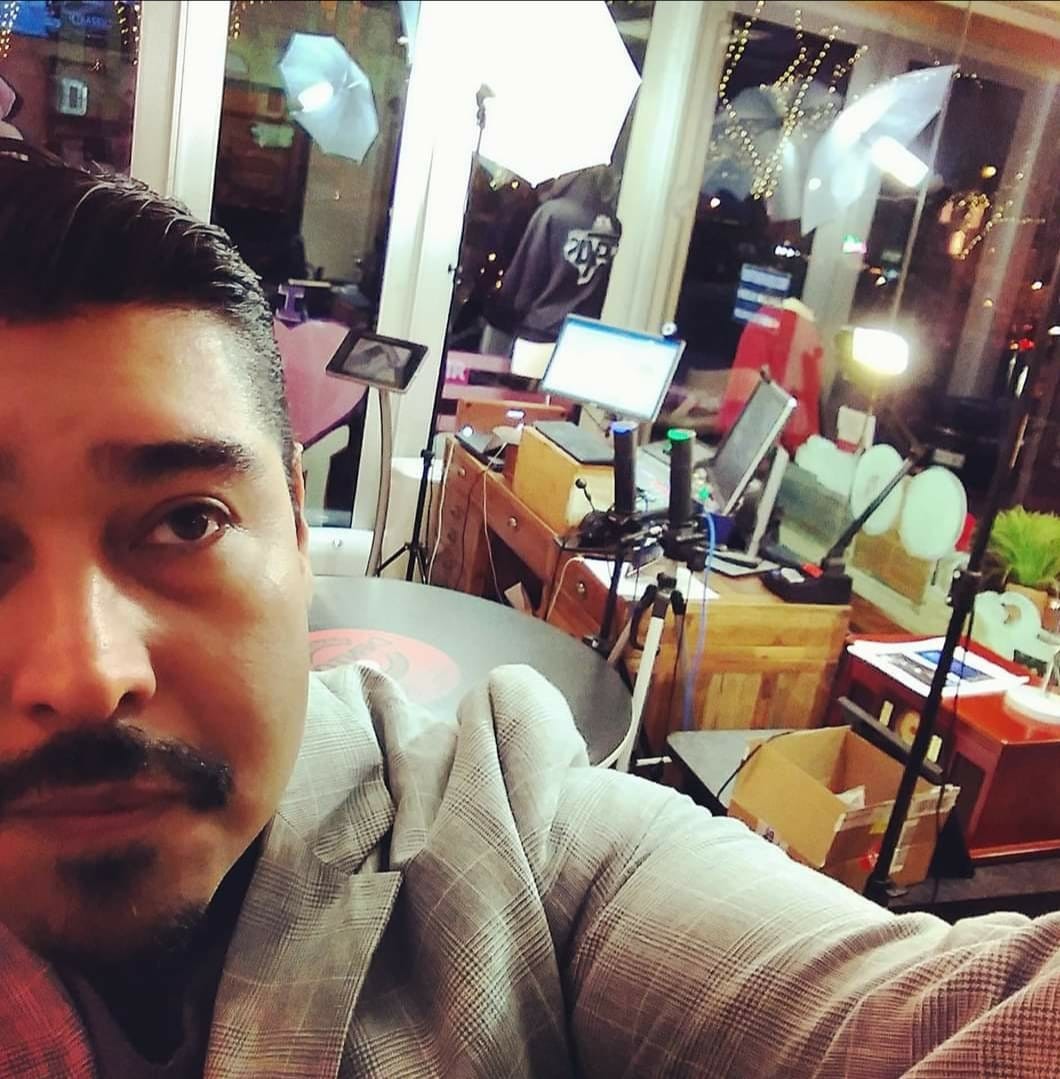
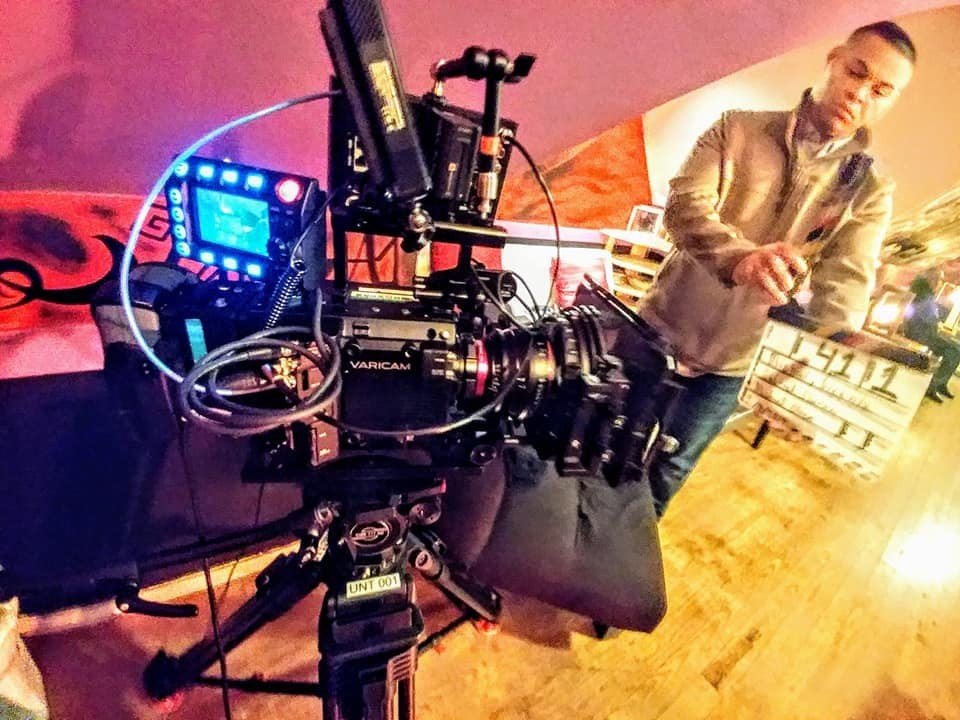
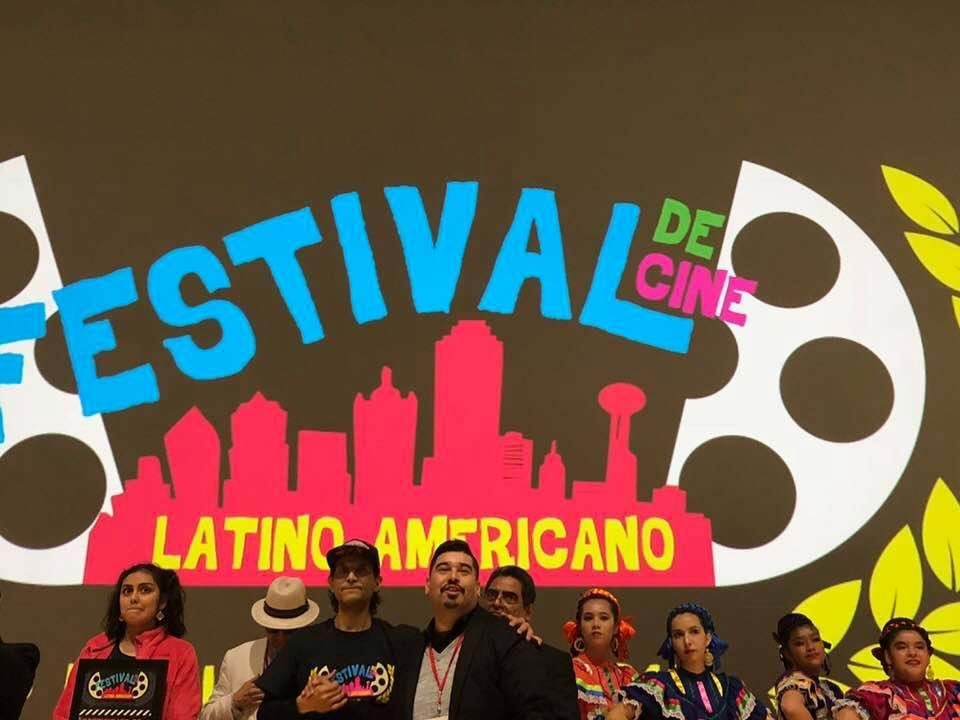
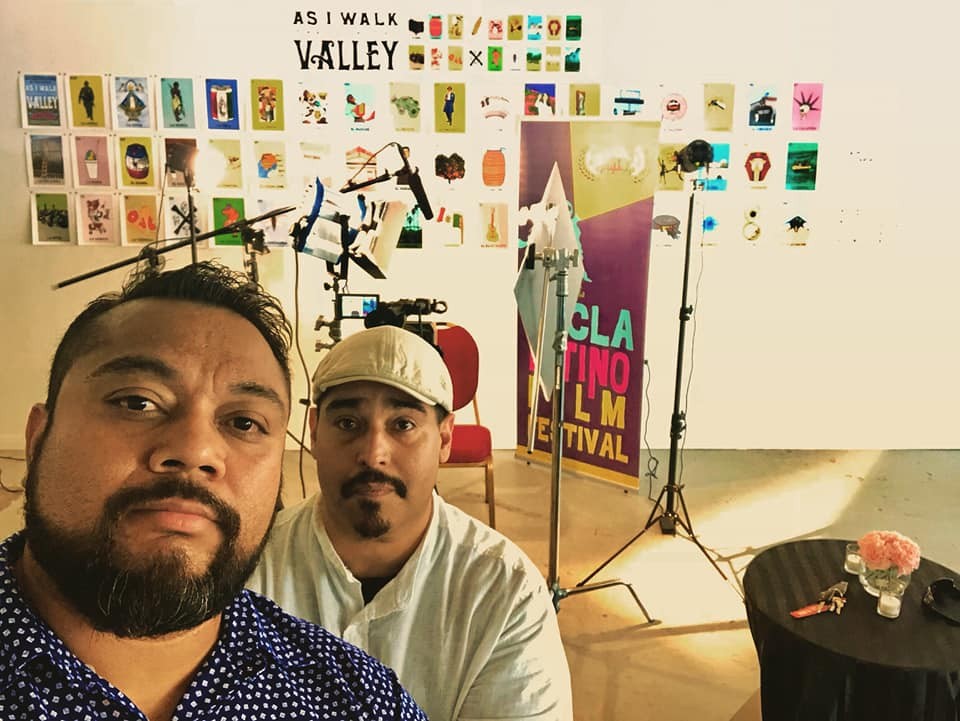
Gabriel , love having you share your insights with us. Before we ask you more questions, maybe you can take a moment to introduce yourself to our readers who might have missed our earlier conversations?
I grew up in a small town north of Dallas called Wichita Falls. As a kid, I was always fascinated by the visuals in music videos. MTV started my curiosity about what it was to be a filmmaker. Specifically, the behind-the-scenes of Michael Jackson’s Thriller had me wondering about the industry. The production side of it excited me, but something I noticed much later in life put me on the path of wanting to be a visual storyteller.
I remember as a kid not having very many people like me on the big screen and or television. I used to sit with my dad and watch old westerns, and I would wonder why we were always portrayed as the evil banditos and or buffoons that all spoke in horrible broken English. At times I would wonder if that’s who we were to the people around us.
On American television/film, we didn’t have very many people to look up to. We had Poncherello from Chips, Ricardo Montalbán from Fantasy Island, and Cheech from Cheech and Chong. We did have Latino-based television that was all in Spanish, but as a Latino kid born in the United States, none of it related to who I was as a Chicano. That part of the American pie was missing from my childhood experience.
I moved to DFW as an adult and took film-related classes at a local college. I later found a film program at a university, so I transferred there and started working on my undergraduate degree in film. It took a while to discover who I was as a filmmaker. Soon after my MFA, I started teaching as an adjunct lecturer at two universities in DFW. Presently, I am an Assistant Professor at a university in South Texas where I teach film production and screenwriting courses.
As a writer and director, my films have won several awards and screened on more than 50 occasions worldwide, including a television show on PBS (KERA).
My love for the medium continued as I became a co-founder of DFW’s only all Latino-based acting class and the director of an international Latino film festival in DFW called Festival De Cine Latino Americano (FDCLA). As a festival director, my goal is to promote Latino films, Latino filmmakers, and the culture. I aim to educate the masses about our existence and help break down barriers through our festival platform.
What’s the most rewarding aspect of being a creative in your experience?
The most rewarding aspect of what I do is telling or showing stories that give people a voice. Using such a powerful medium as film to help change negative perspectives about a culture is why I started making films. At the same time, the reward of being able to help other fellow filmmakers get their work out to the public is another reason I enjoy being in this medium.
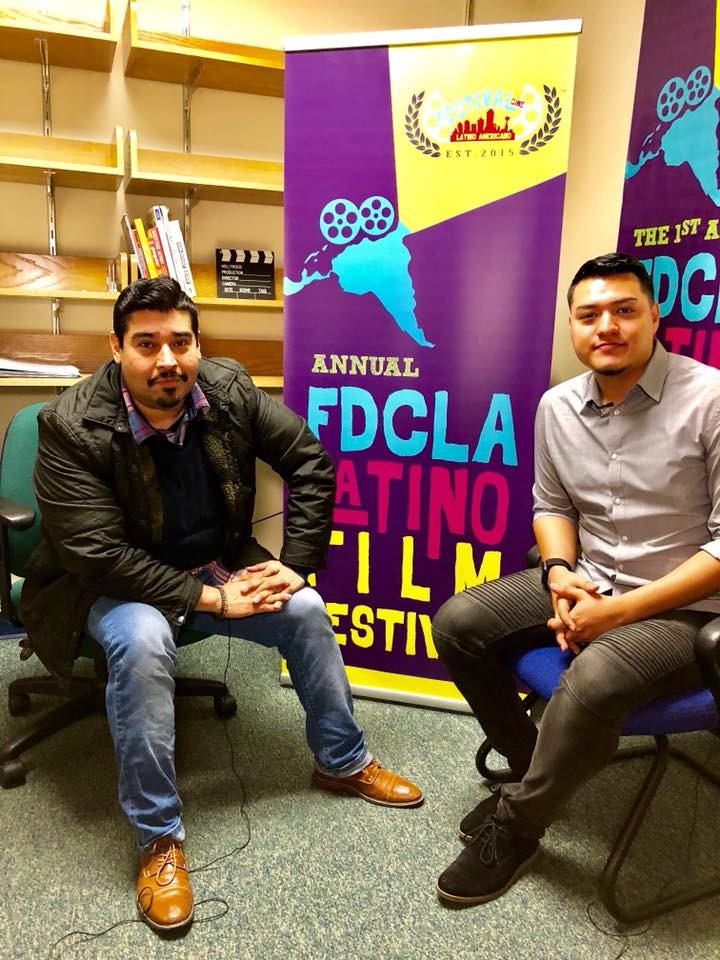
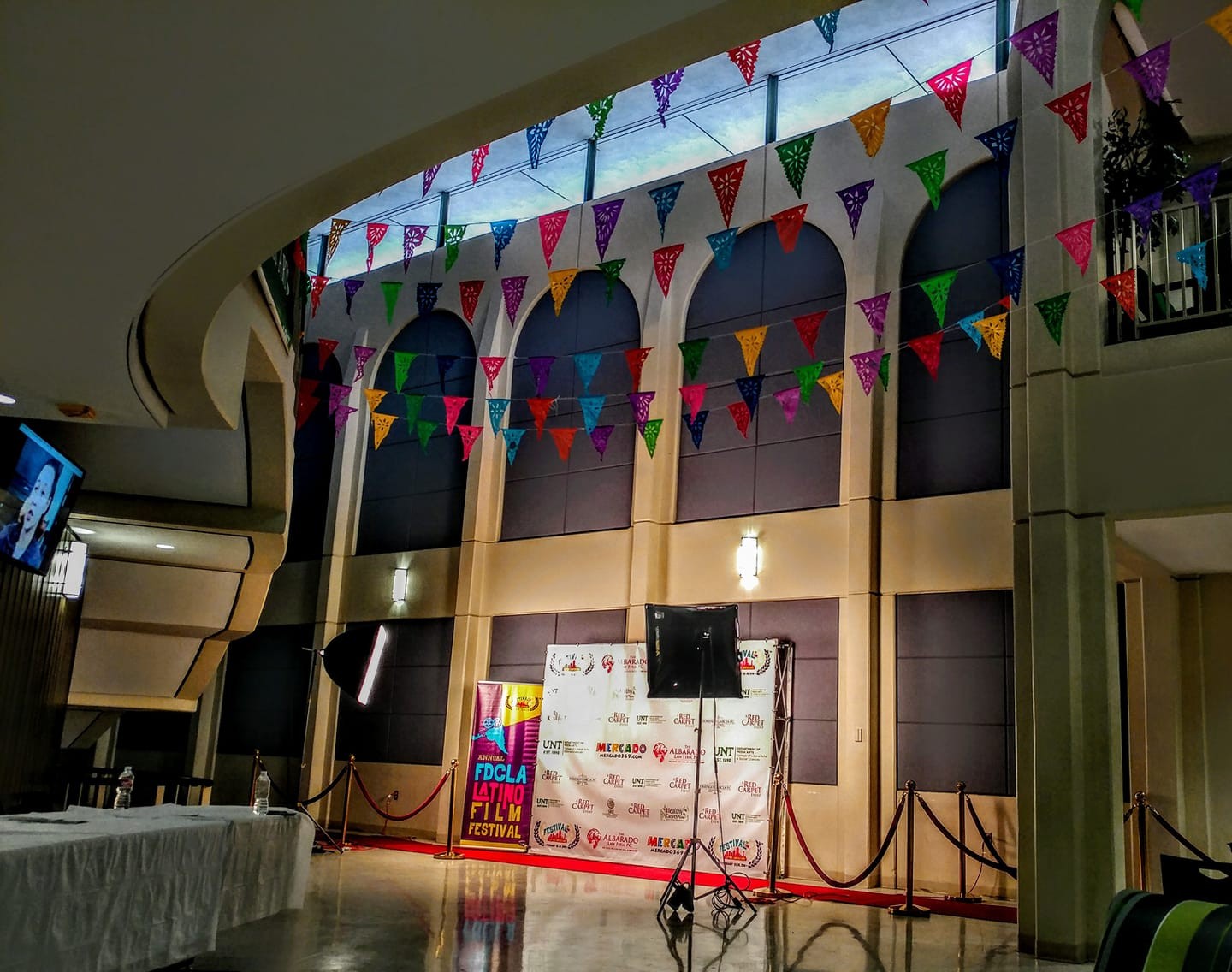
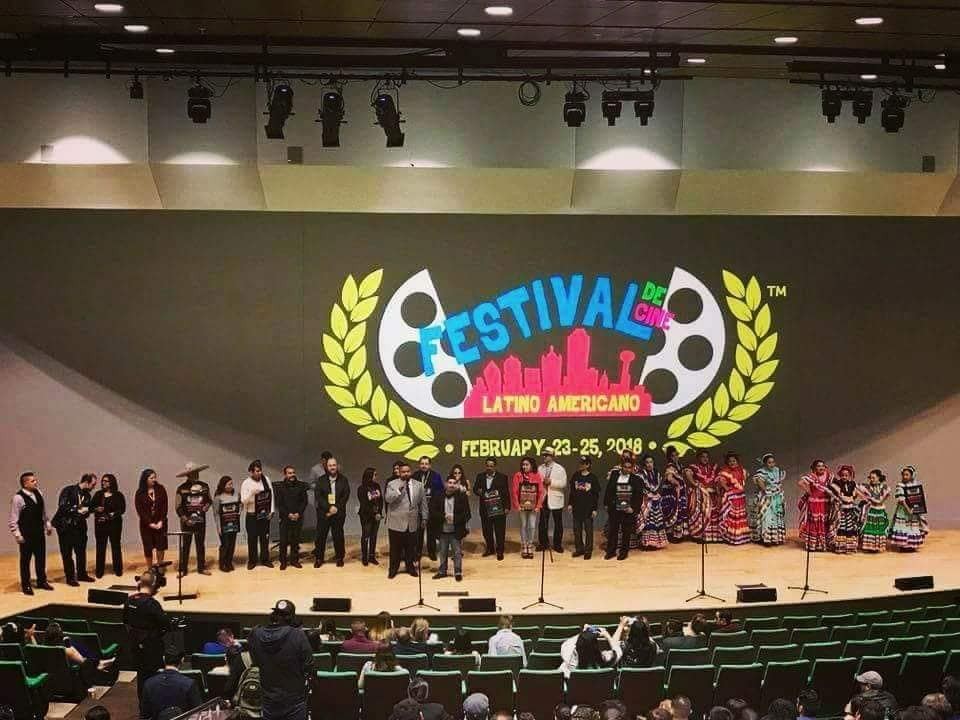
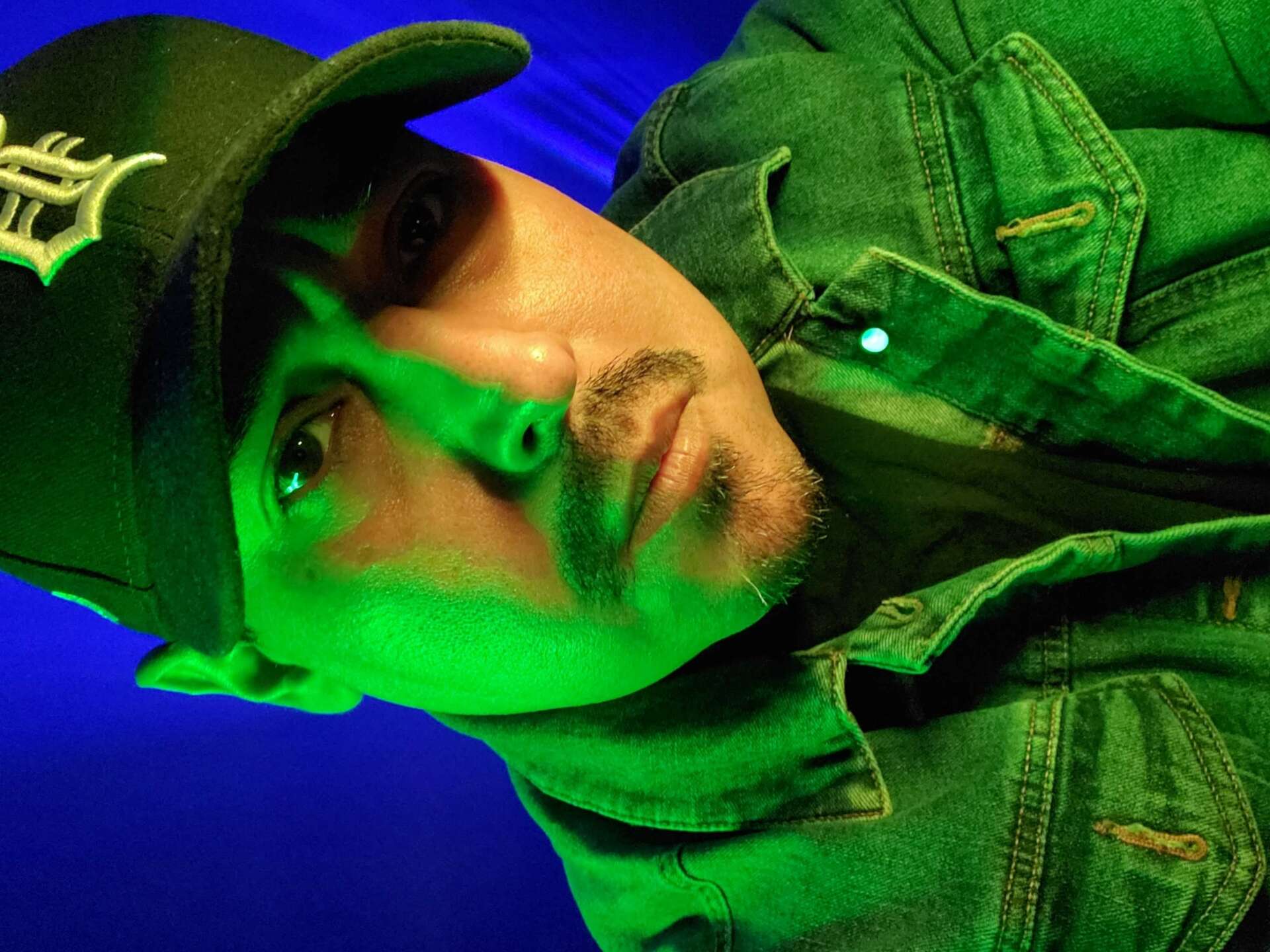
What do you think is the goal or mission that drives your creative journey?
What drives me is seeing the lack of creative storytelling currently being produced. I feel many filmmakers are neglecting the basis of a good story in exchange for camera first and beautiful imagery. I want to continue creating films focused on stories, and I want to teach my students the importance of a good narrative from script to screen. I want them to value the development of a character and the aspects of telling a great story.
The end goal is to create work that evokes emotion from my audience. There is no other medium that can make a person go through so many emotions all in one sitting. Film and filmmaking is a very complex and potent medium, which is why it drives me.
Contact Info:
- Website: https://duran1films.wixsite.com/gabrield
- Instagram: https://www.instagram.com/duran1films
- Facebook: https://www.facebook.com/profile.php?id=100009155194296
- Linkedin: https://www.linkedin.com/in/gabriel-duran-86278784/
- Other: https://fdcla-texas.org/


